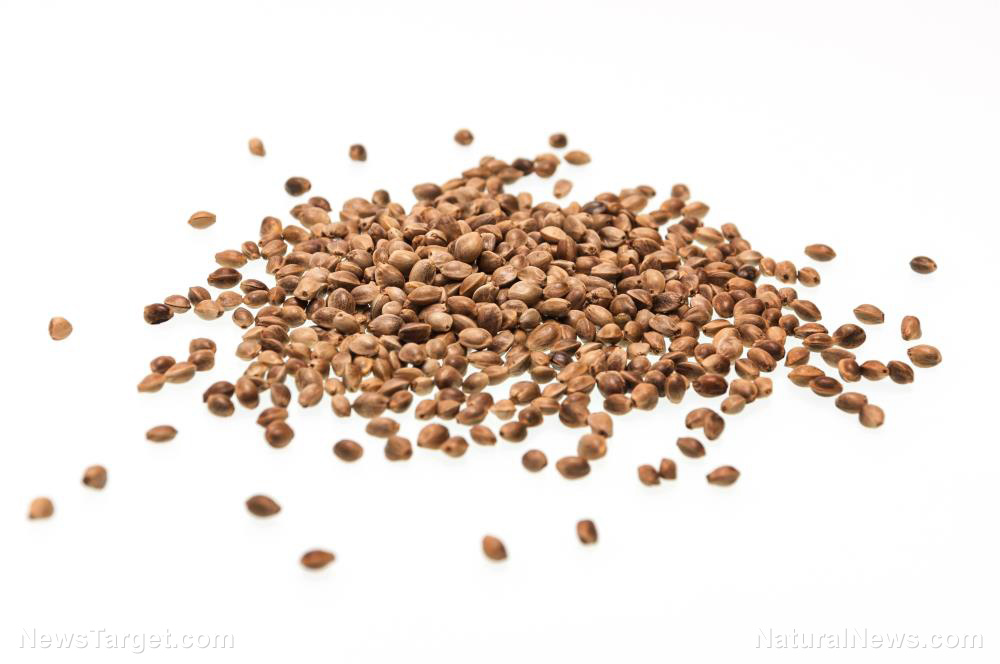Gut microbiota linked to mood and mental health
06/03/2019 / By Evangelyn Rodriguez

In this review, researchers from York University in Canada systematically evaluated current literature on the impact of probiotic supplementation on anxiety and depression symptoms in humans. They used multiple databases to search for relevant trials and evaluate them. Their results were published in the journal Nutrition Research.
- Gastrointestinal (GI) microbiota – microbial communities that live in the gastrointestinal tract – play an important role in digestive, metabolic, and immune functions.
- Preclinical studies on rodents have linked behavioral and neurochemical changes in the central nervous system to changes and imbalance in these bacterial communities.
- Probiotic supplementation in rodents markedly changes their behavior; these changes correlate with changes in their central neurochemistry.
- Despite these studies, the significance of the behavioral effects of probiotic supplementation in humans, especially on anxiety and depression symptoms, is relatively unknown.
- To address this, researchers searched for randomized controlled trials published between January 1990 and January 2016 using Medline, PsycINFO, PubMed, Scopus, and Web of Science.
- They found a total of 10 randomized controlled trials – four in clinically diagnosed and six in non-clinical samples – that provided limited support for the use of some probiotics in reducing human anxiety and depression.
- Despite methodological limitations and the complex nature of gut-brain interactions, the results of those trials suggest that probiotic supplementation offers psychological benefits to humans.
The researchers concluded that a better understanding of developmental, modulatory, and metagenomic influences on GI microbiota, particularly in relation to mood and mental health, should be the focus of future research in this area.
Journal Reference:
Pirbaglou M, Katz J, Souza RJD, Stearns JC, Motamed M, Ritvo P. PROBIOTIC SUPPLEMENTATION CAN POSITIVELY AFFECT ANXIETY AND DEPRESSIVE SYMPTOMS: A SYSTEMATIC REVIEW OF RANDOMIZED CONTROLLED TRIALS. Nutrition Research. September 2016;36(9):889–898. DOI: 10.1016/j.nutres.2016.06.009
Tagged Under:
RECENT NEWS & ARTICLES
COPYRIGHT © 2017 SUPERFOODS NEWS



















